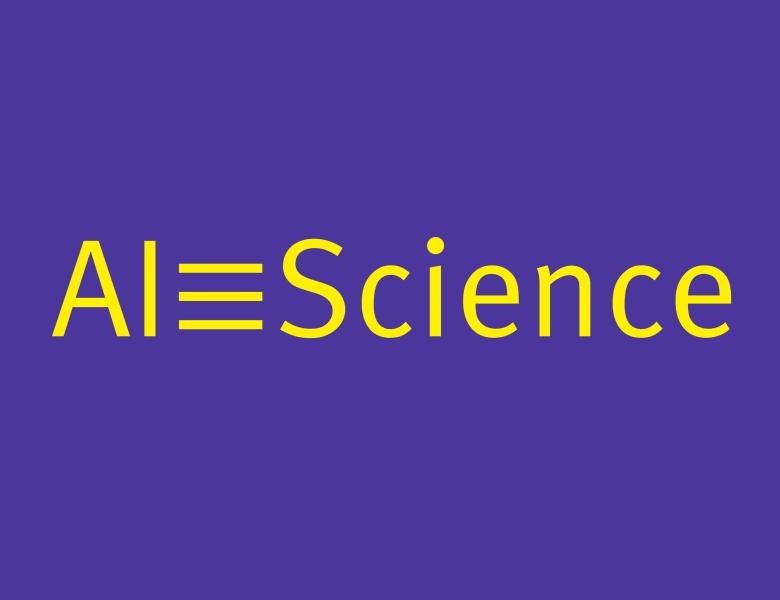
Abstract
Our genomes contain millions of cis-regulatory elements, whose differential activity determines cellular differentiation. The majority of disease causing genetic variants also reside in these regulatory elements, impacting their regulatory function in a subtle and context-dependent manner. In this talk, I’ll present recent work from us and others on applying sequence-based deep learning models for predicting and explaining regulatory function(s) from genomic DNA. I'll describe our efforts in adapting these models for studying how natural genetic variation impacts cellular function, highlighting current challenges. Motivated by these results, I will describe our ongoing work in improving models' causal interpretation of non-coding genetic variation, which is required to accurately predict differential gene expression across individuals. In summary, our work shows that sequence-based deep learning approaches can uncover regulatory mechanisms while providing a powerful in-silico framework to mechanistically probe the relationship between regulatory sequence and its function.


